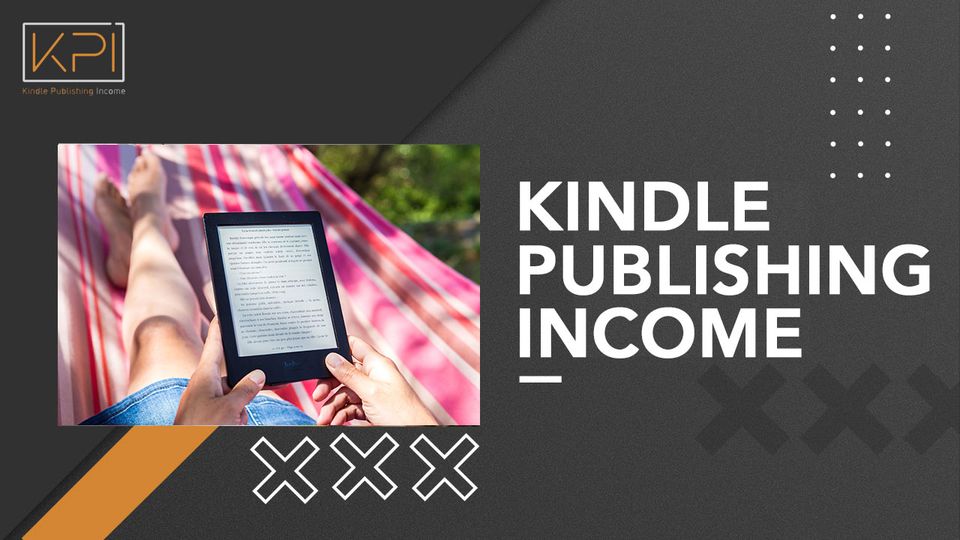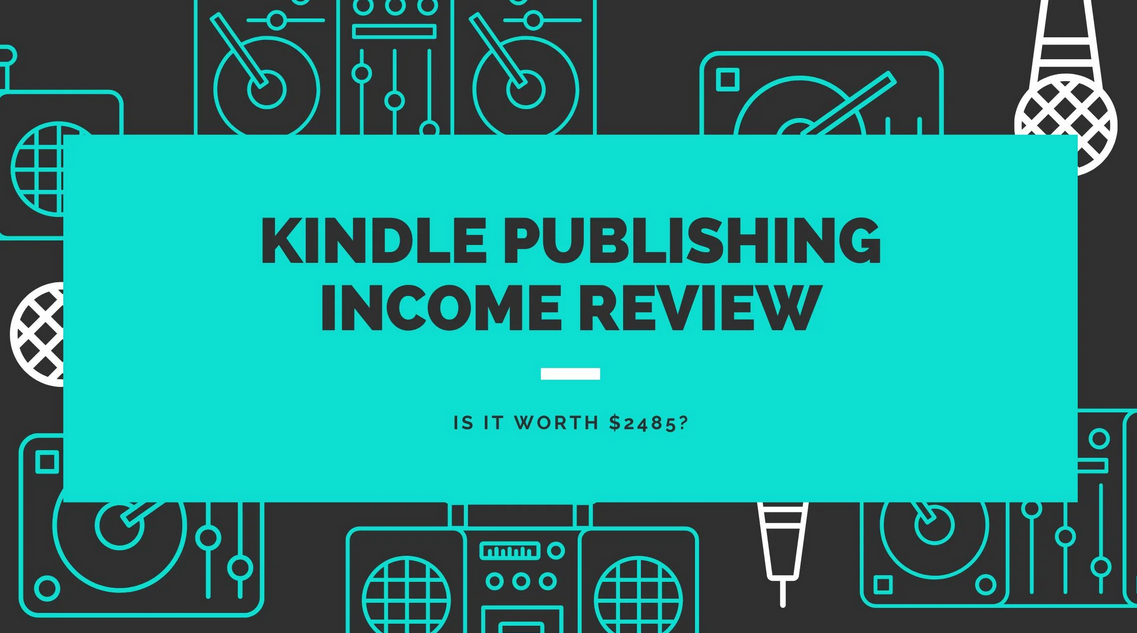Introduction
In today’s fast-paced digital age, the allure of generating passive income through Kindle publishing is captivating many aspiring authors and entrepreneurs. But the burning question remains: Is Kindle Publishing really passive income? In this article, we’ll dive deep into the world of Kindle publishing income, exploring its potential for generating passive income, the strategies that work, and the realities you need to be aware of.
Table of Contents
- Introduction
- 1. What is Kindle Publishing?
- 2. The Potential of Passive Income
- 3. The Promise of Passive Income
- 4. Marketing and Promotion
- 5. Automation and Scalability
- 6. Conclusion
- 7. FAQs and Answers
- FAQ 1: How much can you earn through Kindle publishing?
- FAQ 2: Is Kindle publishing truly passive income?
- FAQ 3: Do I need to be a professional writer to publish on Kindle?
- FAQ 4: What types of books perform well on Kindle?
- FAQ 5: How much time does it take to publish a Kindle book?
- FAQ 6: Do I need to invest money to start Kindle publishing?
- FAQ 7: What are the key steps in the Kindle publishing process?
- FAQ 8: How do I market my Kindle books?
1. What is Kindle Publishing?
Kindle publishing refers to the process of self-publishing digital books on Amazon’s Kindle platform. It allows authors, both established and aspiring, to publish their work and make it available for sale to a global audience. Kindle Direct Publishing (KDP) is Amazon’s self-publishing platform that empowers authors to create and distribute their eBooks and paperbacks.

2. The Potential of Passive Income
The explored impact of Kindle publishing lies in the promise of generating passive income. Passive income is income earned with minimal effort or ongoing involvement. In the context of Kindle publishing, once you’ve published a book and it starts selling, you can earn royalties for years to come without actively working on it. However, the level of passivity and income potential varies from person to person.
3. The Promise of Passive Income
Kindle publishing is often touted as a way to earn money while you sleep. The concept is simple: write and publish an e-book, optimize its visibility on Amazon, and let the royalties roll in. In theory, this business model can be attractive, as it doesn’t require a 9-to-5 commitment or physical presence. Authors can supposedly enjoy their earnings without constant hands-on involvement.
4. Marketing and Promotion
Successful Kindle publishing often requires ongoing marketing efforts. Authors may need to run promotions, manage reviews, and optimize keywords to maintain visibility.
The level of marketing required can vary, but some level of active promotion is often necessary, especially for newer authors.
5. Automation and Scalability
One of the key arguments for Kindle publishing as passive income is its scalability. Once a book is published, it can continue to generate income without constant attention.
Amazon handles many aspects of e-book distribution and sales, which can make the process relatively hands-off.
6. Conclusion
In the quest for passive income through Kindle publishing, it’s essential to approach the endeavor with realistic expectations. While it’s possible to generate substantial income, it requires dedication, ongoing effort, and adaptation to market changes. Kindle publishing can indeed be a lucrative venture, but it’s not purely passive. Success lies in crafting quality content, building your brand and effective marketing, and continuous engagement with your readers.
7. FAQs and Answers
FAQ 1: How much can you earn through Kindle publishing?
Earnings from Kindle publishing vary widely. Some authors make a modest income, while others become millionaires. The key factors influencing earnings include book quality, niche/topic, marketing efforts, and competition. It’s not uncommon for well-crafted books in profitable niches to generate hundreds or even thousands of dollars per month in royalties.
FAQ 2: Is Kindle publishing truly passive income?
While Kindle publishing can generate passive income, it’s not entirely hands-off. Authors often need to invest time in writing, editing, and marketing their books. Once published, books require occasional updates and promotion efforts to maintain and boost sales. However, compared to traditional employment, Kindle publishing offers more flexibility and the potential for income to grow over time.
FAQ 3: Do I need to be a professional writer to publish on Kindle?
No, you don’t have to be a professional writer to publish on Kindle. Many successful Kindle authors are not traditional writers but experts in their respective fields. If you have valuable knowledge or expertise, you can create informative non-fiction books or collaborate with ghostwriters to bring your ideas to life.
FAQ 4: What types of books perform well on Kindle?
Books that cater to niche markets and provide unique value tend to perform well on Kindle. Non-fiction books like self-help, business, health, and hobby-related topics are popular choices. However, fiction books can also succeed with the right marketing strategy.
FAQ 5: How much time does it take to publish a Kindle book?
The time required to publish a Kindle book varies depending on the book’s length, complexity, and your experience. Writing a short eBook might take a few weeks, while a full-length novel could take several months. Publishing itself, including formatting and uploading, can be done in a matter of hours.
FAQ 6: Do I need to invest money to start Kindle publishing?
While it’s possible to start Kindle publishing with little to no investment, spending money on professional editing, cover design, and marketing can significantly improve your book’s chances of success. However, these expenses can be considered investments in your publishing venture.
FAQ 7: What are the key steps in the Kindle publishing process?
The essential steps include writing or sourcing a book, formatting it for Kindle, creating an Amazon KDP account, publishing the book, promoting it, and monitoring sales and reviews. Each step requires careful attention to detail to maximize your book’s success.
FAQ 8: How do I market my Kindle books?
Effective marketing is crucial for Kindle book success. Strategies include leveraging social media, running Amazon ads, utilizing email marketing, seeking book reviews, and participating in book promotions and giveaways. Building an author platform and engaging with your target audience can also help boost sales.













